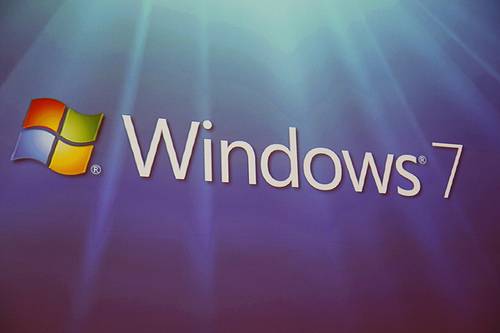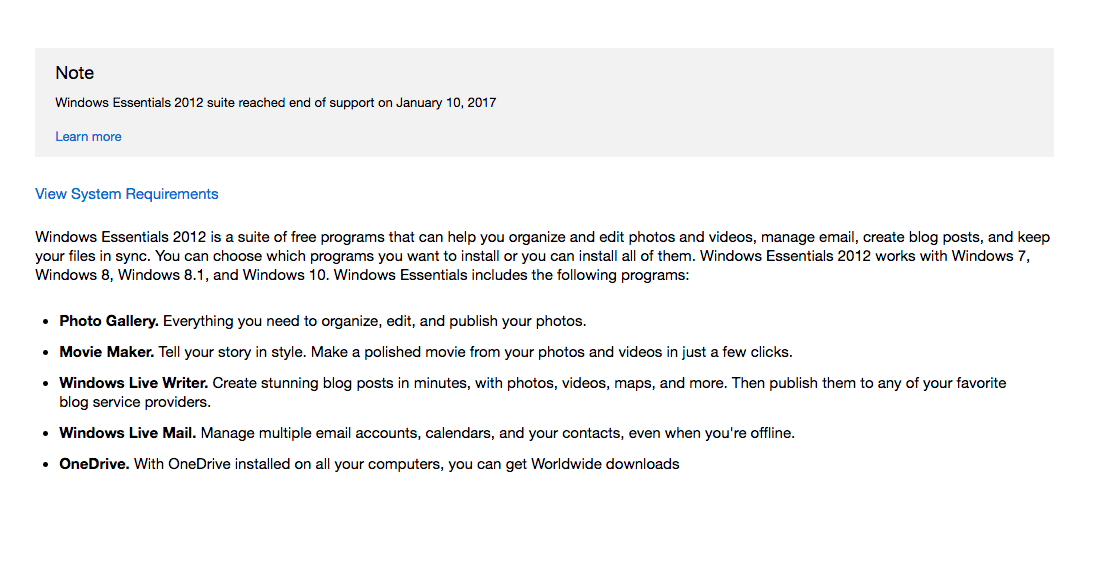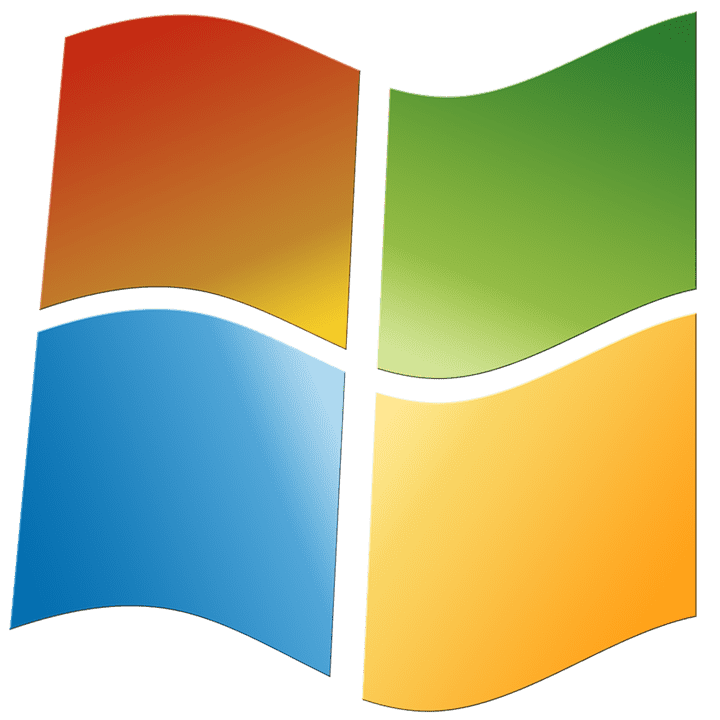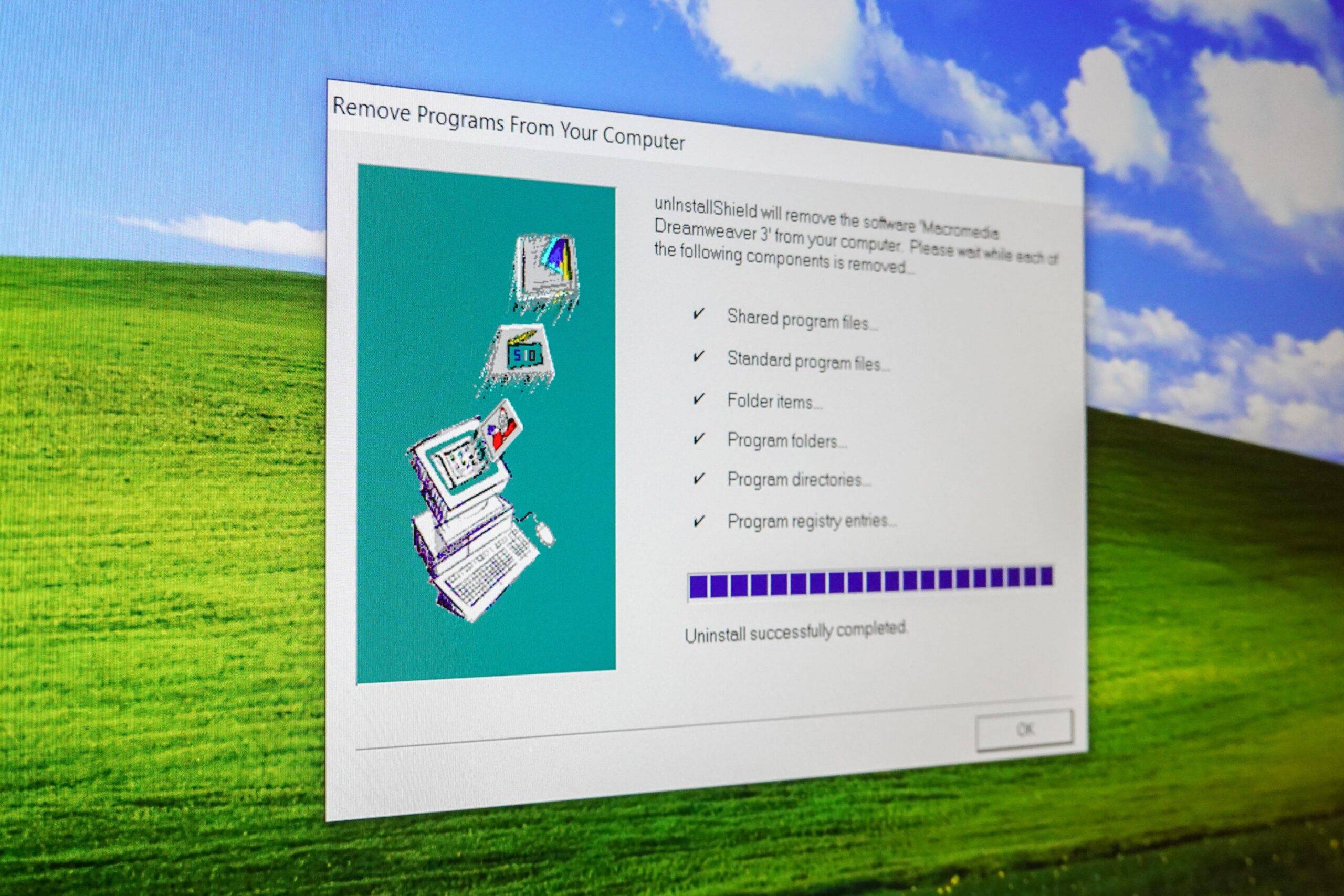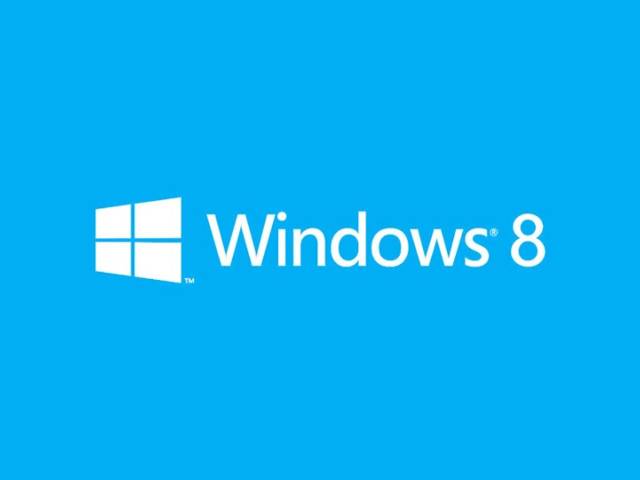This content has been archived. It may no longer be relevant
“My computer is so blazingly fast I can hardly keep up with it!” – said no one, ever. The complaint I hear voiced most often by people calling to have their computer serviced is that their system is sluggish, slow to boot up and unresponsive. While the usual culprits (viruses and spyware) often factor in, sometimes even clean computers run slower than they should. If you have a decent, malware-free system that’s underperforming, you may be able to get noticeable improvement by replacing some of its resource-sucking software with less bloated alternatives.
Norton and McAfee are the most well-known anti-virus programs around – just about everyone with a computer has at least heard of them. They have relationships with most computer distributors, resulting in the vast majority of pre-built systems arriving at the user’s door with one of these software packages pre-installed. Unfortunately, Norton and McAfee are massive programs that hog system resources. Heavy-handed online monitoring can lead to slow-as-molasses Internet surfing and in some cases can even restrict access to certain sites, or break a user’s web-access entirely.
Consider switching to Microsoft Security Essentials (www.microsoft.com/security/pc-security/mse.aspx), developed by Microsoft for Windows. It’s completely free, lightweight, automatically keeps itself up-to-date against the latest viruses and malware, and is designed to run silently in the background when your PC is idle so you aren’t bothered by it. If you aren’t enamored with the “in-house” option, AVG (http://free.avg.com) and avast! (www.avast.com/free-antivirus-download) each offer a great free anti-virus program that will fit the needs of most users. They use less resources than Norton or McAfee and offer protection against most malware.
Adobe Reader is the most widely used PDF reader around, yet it’s large file size (it takes up over 100MB of drive space) and drain on your system’s resources makes it one of the slowest PDF reader programs on the market. Many websites instruct users to install Adobe Reader and include links to download it, though in most cases it came pre-installed on the machine. While some advanced PDF functions may work best with Adobe (like watermarks, for example), you do have alternatives that can quickly and easily handle basic PDF viewing.
Sumatra PDF (http://download.cnet.com/Sumatra-PDF/3000-18497_4-10698785.html) is a simple reader program with a small file size (4 MB drive space used) and streamlined configuration. Another popular option is Foxit Reader (www.foxitsoftware.com/Secure_PDF_Reader/). It’s less than 1 MB to download and allows you to open, view, and print all types of PDFs. It integrates with DocuSign®, a program that allows users to securely send documents with eSignatures.
iTunes an easy way to get your tunes and videos on your iPod, but you may be regretting making it your default media player. It’s slow to launch, slow to run and is constantly popping up notices to download updates to itself and its partner program, QuickTime. Save iTunes for your Apple gadgets and use any number of other media players to listen to your music – even the default Windows Media Player is faster to load and less of a drain on your system’s resources.
To get all of the organizational tools you’re used to from iTunes, check out MediaMonkey (www.mediamonkey.com/), a free media management program. Play MP3s, audiobooks, podcasts and videos, sync with your mobile devices and even burn CDs and DVDs, all the while keeping your media collection in order, be it small or massive (its site claims it can “manage 100,000+ music and video files without bogging down”). It supports most file types and can even convert file types to enable syncing across devices.
With a few software swaps, you could be singing a different tune about your system’s speed and responsiveness.
Image of Windows 7 by Microsoft

About The Author: Andrea Eldridge is CEO and co-founder of Nerds On Call, a computer repair company that specializes in on-site and online service for homes and businesses. Andrea is the writer of a weekly column, Nerd Chick Adventures in The Record Searchlight. She prepares TV segments for and appears regularly on CBS, CW and FOX on shows such as Good Day Sacramento, More Good Day Portland, and CBS 13 News, offering viewers technology and lifestyle tips. See Andrea in action at callnerds.com/andrea/.
